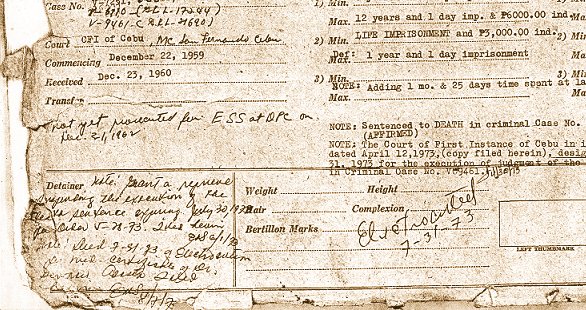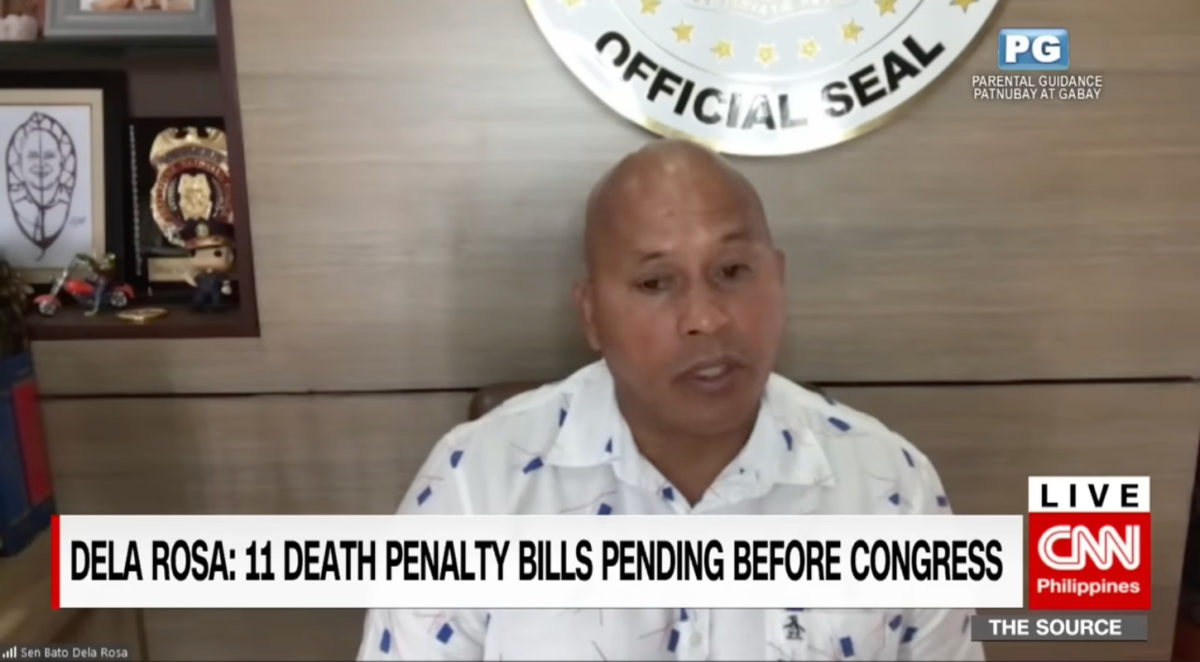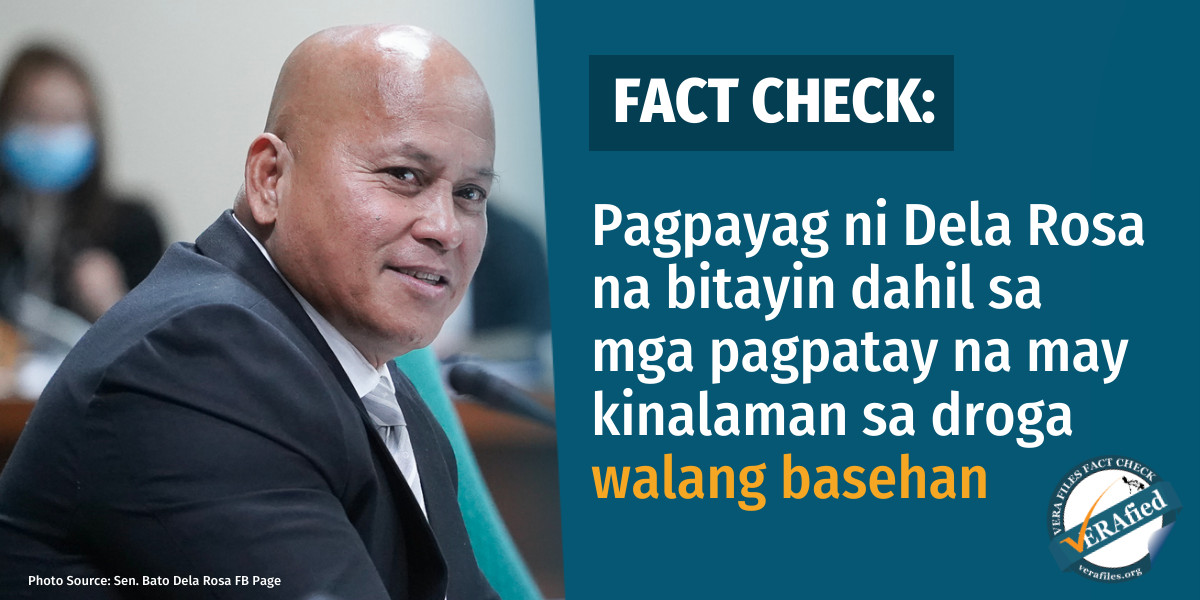![]() TEN years since the Philippine legislature abolished death penalty in the country, the 17th Congress made capital punishment a buzzword once again, by filing House Bill 01 which seeks to bring it back from, er, the dead.
TEN years since the Philippine legislature abolished death penalty in the country, the 17th Congress made capital punishment a buzzword once again, by filing House Bill 01 which seeks to bring it back from, er, the dead.
STATEMENT: In his acceptance speech after being elected Speaker of the House on July 25, Rep. Pantaleon Alvarez made it clear where the House stands on the issue.
“We must re-impose the death penalty for heinous crimes. Among ASEAN nations, only Cambodia and the Philippines have no capital punishment; all the other eight countries impose death penalty in various forms and for various crimes.”
Watch from 03:17:00-03:18:48: Acceptance Speech of House Speaker Pantaleon Alvarez July 25, 2016
BACKSTORY: A quick check confirms that Cambodia and the Philippines are indeed the only two countries in ASEAN that have no capital punishment. But Alvarez might have overlooked one important fact when he made the statement.
Both nations have no death penalty because they have consistently voted to support an international moratorium on death penalty in the region.
By resuscitating the death penalty, Alvarez wants to go against a decade-old international covenant that the Philippines has signed and for which it has been touted as the most progressive country in the region, as far as the issue is concerned.
The infographic above shows that in 2007, 2008, 2012 and 2014, the Philippines voted YES for the UN General Assembly on the Moratorium on Death Penalty.
The Philippines began its support for the moratorium in 2006, under the Gloria Macapagal-Arroyo presidency. The country signed the UN’s Second Optional Protocol to the International Covenant on Civil and Political Rights, aimed at the abolition of the death penalty. The Philippines ratified this in 2007.
According to the UN, “when a State ratifies one of the international human rights treaties, it assumes a legal obligation to implement the rights recognized in that treaty. Through ratification, States undertake to put in place domestic measures and legislation compatible with their treaty obligation.”
The Arroyo administration honored the country’s promise by passing Republic Act 9346 (An Act Prohibiting the Imposition of Death Penalty in the Philippines) and commuted all death sentences to life imprisonment.
But an even more interesting fact is that though eight ASEAN countries impose capital punishment, only four carried out executions in 2015: 14 in Indonesia, four in Singapore, and an unconfirmed number in Vietnam and Malaysia. The other four nations have held no executions in years.
Myanmar and the Lao People’s Democratic Republic last held executions in 1988 and 1989, respectively. Thailand has had no executions since 2009.
In Brunei Darussalam, only one person was sentenced to death last year: a Filipino, for murder. The last known execution in this country was in 1957.
Should President Duterte’s wish of executing at least 50 criminals a month come true in the next year, the Philippines may be executing the most number of prisoners in the region–43 times than Indonesia and 150 times than Singapore. In a year.
Sources:
Official YouTube channel of the House of Representatives
United Nations General Assembly 69th Session, Meeting Record A/69/PV.73 December 2014
Amnesty International Global Report: Death Sentences and Executions 2015






